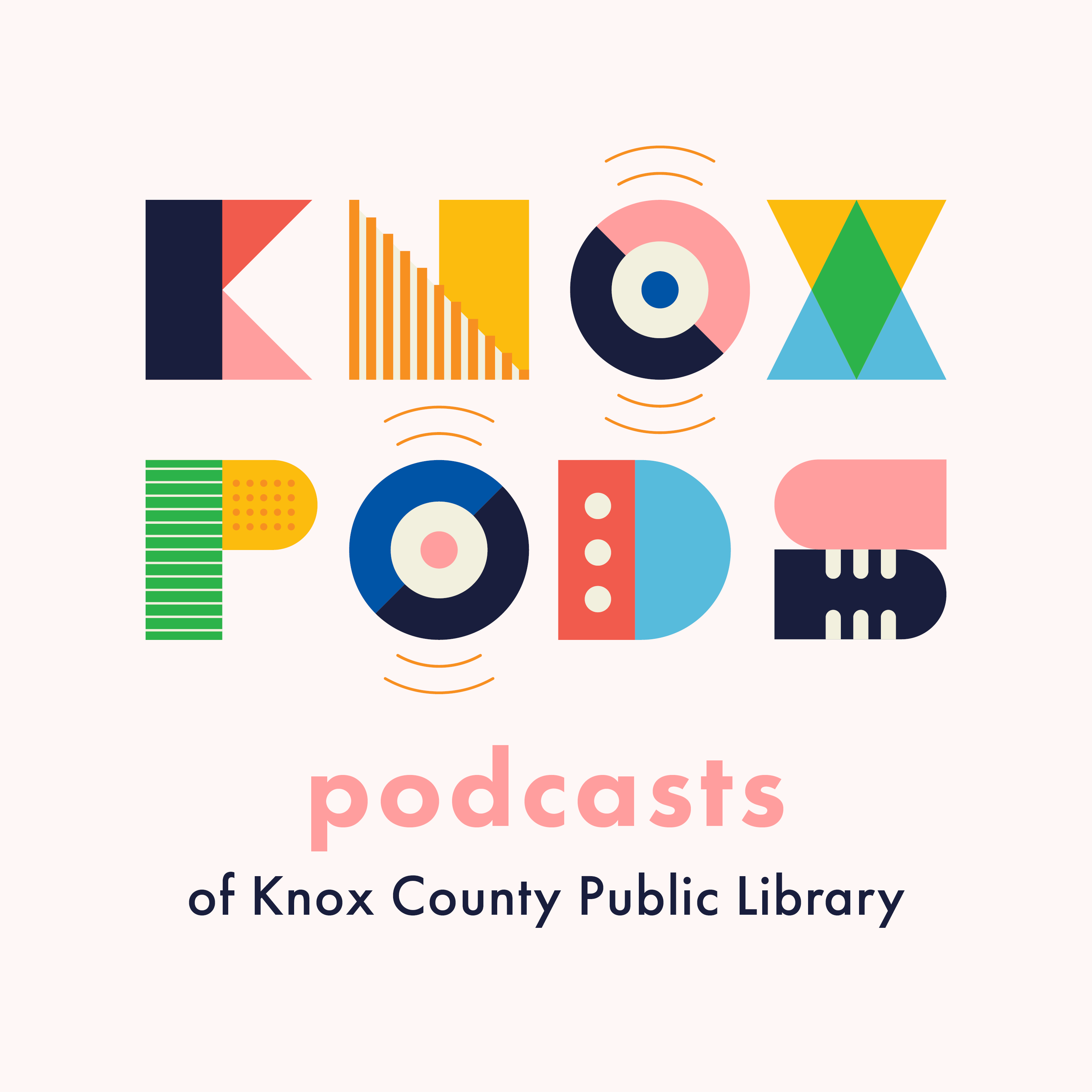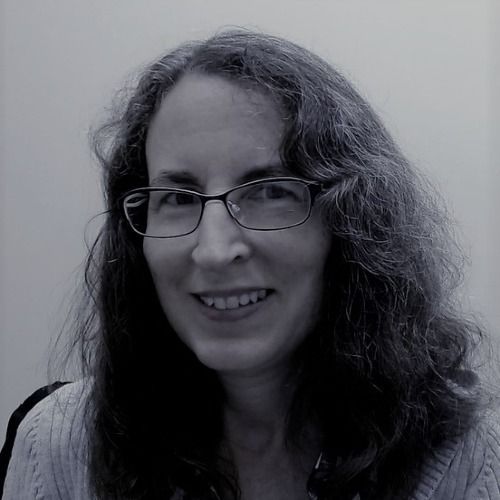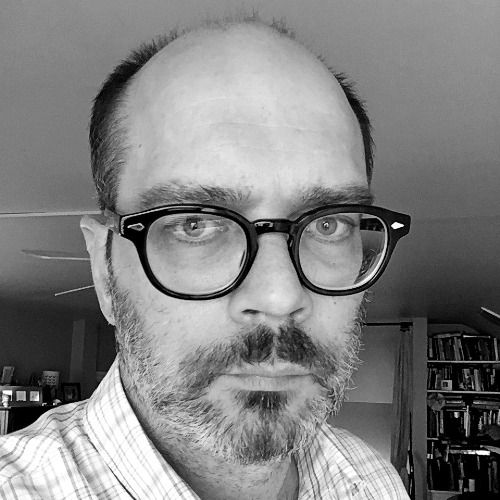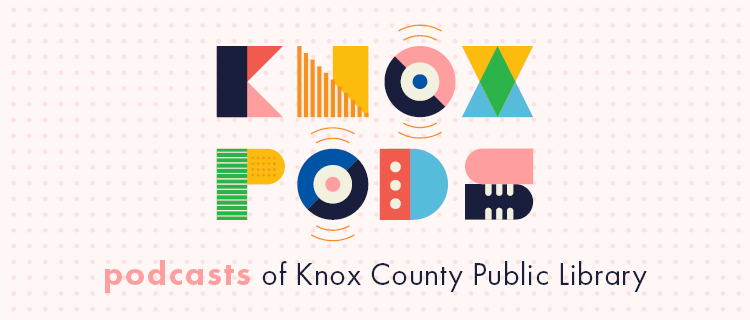full
The Beat: Linda Parsons and William Butler Yeats
Linda Parsons holds a BA and an MA in English from the University of Tennessee. She's the poetry editor for Madville Publishing and the copy editor for Chapter 16, the literary website of Humanities Tennessee. Parsons has published poems in The Georgia Review, The Iowa Review, Prairie Schooner, The Chattahoochee Review, Southern Poetry Review, Baltimore Review, and Shenandoah, among others. Her fifth poetry collection is Candescent, which was published by Iris Press in 2019. She has received grants from the Tennessee Arts Commission, the Knoxville Arts Council, was inducted into the East Tennessee Writers Hall of Fame in 2011, and she’s won the Tennessee Writers Alliance award in poetry, among other awards and honors.
William Butler Yeats (1865–1939) was born in Dublin, Ireland. In addition to writing poetry, Yeats was also a playwright; he wrote 26 plays that were performed by the Irish Literary Theatre. He was politically outspoken, and, beginning in 1922, he served six years as a senator in the Irish Free State. He’s considered by many to be one of the greatest poets of the 20th century.
Links:
Read "Midsummer"
Read "Everywhere and Nowhere at Once"
Read "The Lake Isle of Innisfree"
Linda Parsons
Bio and poems at the Poetry Foundation
William Butler Yeats
Bio and poems at the Poetry Foundation
Hear more W.B. Yeats poems at The Poetry Archive
Mentioned in this episode:
KnoxCountyLibrary.org
Thank you for listening and sharing this podcast. Explore life-changing resources and events, sign up for newsletters, follow us on social media, and more through our website, www.knoxcountylibrary.org.
Transcript
Welcome to The Beat. Today we’ll hear Linda Parsons read her poems “Midsummer” and “Everywhere and Nowhere at Once.” She’ll follow by reading a poem by William Butler Yeats: “The Lake Isle of Innisfree,” which was first published in 1890.
Linda Parsons:"MIDSUMMER"
Under the old redbud in the boulevard,
sound umbrellas our heads, lifted as to thunder.
Near oh near, they cry above us, and together,
though deaf in their midst, we speak the names
we have learned in lives brief and long. Cicada,
says my granddaughter, given by her mother.
Jarflies, I counter, word my grandmother broke
with half-runners on newsprint spread in our laps,
far, so far on that glider, that porch, those burnished
evenings. In the dying down, the four-year-old
affirms the stamp of science: ci-ca-da, not yet
surefooted in the gloaming, the papers we’ll flatten
with corn shucks, oilcan she’ll fetch for our rocking
to and fro. In the new ringing, like all deepness
wrung from pitched joy, we look and look
for the red eyes, the jewel wings, near,
oh near in the shattered still-lit night.
"Everywhere and Nowhere at Once"
On day 11 of the Chopra 21-day meditation series,
the Sanskrit mantra, om shanti, says: I radiate
perfect peace. Tell that to the basement guys
jackhammering concrete for new drainage pipes
and pump, the years-old seep of groundwater
into floor and foundation. Through the harangue
of metal on rock, joists rattle their tibias, teacups
their saucers. Deepak urges me to access deep
peace from within. His silk voice prods me
to befriend the sound, to be the Sufi of sound.
Silk woven into rope saying to pull myself
from the shattered past, hand over hand,
into good air, to stand in the only now, everywhere
and nowhere at once. From the sodden earth,
I reemerge with Brood X cicadas feeding on roots
these 17 winters entombed, an ecstasy of wings
starved for summer. Maples and oaks and trumpet
vine vibrate their dervish of brief being. And I,
reaching down to my damp cellar, release
all the noise—the unrequited, the unforgiven.
My new body trembles, flooded with sun.
As a longtime gardener, I love "The Lake Isle of Innisfree" and have my own bee-loud glade. I'm also drawn to that place of peace he describes, both within myself and in the natural world.
"The Lake Isle of Innisfree" by William Butler Yeats
I will arise and go now, and go to Innisfree,
And a small cabin build there, of clay and wattles made:
Nine bean-rows will I have there, a hive for the honey-bee;
And live alone in the bee-loud glade.
And I shall have some peace there, for peace comes dropping slow,
Dropping from the veils of the morning to where the cricket sings;
There midnight's all a glimmer, and noon a purple glow,
And evening full of the linnet's wings.
I will arise and go now, for always night and day
I hear lake water lapping with low sounds by the shore;
While I stand on the roadway, or on the pavements grey,
I hear it in the deep heart's core.
Alan May:
You just heard Linda Parsons read her poems “Midsummer” and “Everywhere and Nowhere at Once.” She followed by reading “The Lake Isle of Innisfree” by William Butler Yeats. Parsons was kind enough to record these poems for us at her home here in Knoxville.
Linda Parsons holds a BA and an MA in English from the University of TN. She's the poetry editor for Madville Publishing and the copy editor for Chapter 16, the literary website of Humanities Tennessee. Parsons has published poems in The Georgia Review, The Iowa Review, Prairie Schooner, The Chattahoochee Review, Southern Poetry Review, Baltimore Review, and Shenandoah, among others. Her fifth poetry collection is Candescent, which was published by Iris Press in twenty nineteen. She has received grants from the Tennessee Arts Commission and the Knoxville Arts Council. She was inducted into the East Tennessee Writers Hall of Fame in twenty eleven, and she’s won the Tennessee Writers Alliance award in poetry.
William Butler Yeats was born in Dublin, Ireland in eighteen sixty-five. He spent much of his youth in London where his father was studying to be an artist. William Butler Yeats was also a playwright; he wrote 26 plays that were performed by the Irish Literary Theatre. He was politically outspoken, and, beginning in nineteen twenty-two, he served six years as a senator in the Irish Free State. He’s considered by many to be one of the greatest poets of the 20th century. Look for books by Linda Parsons and William Butler Yeats in our online catalog or call us at the Reference Desk at Lawson McGhee Library. Also look for links in the show notes. Please join us next time for The Beat.






